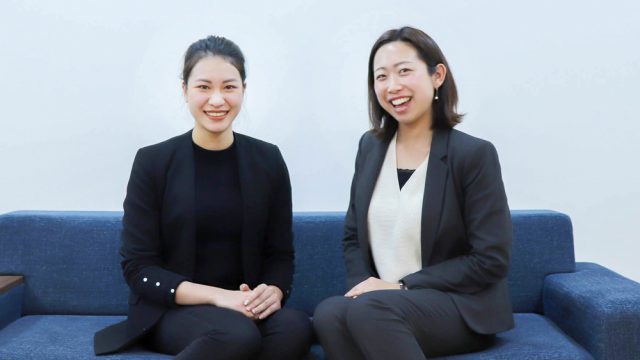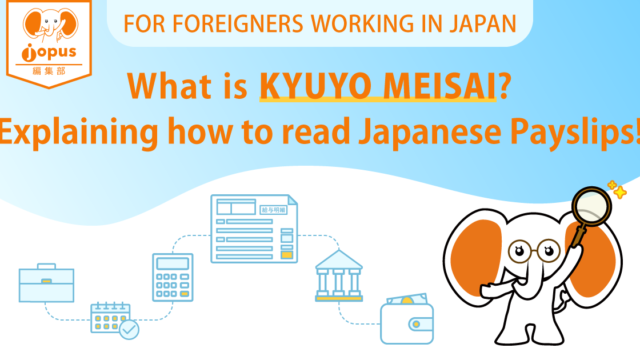It’s not exactly a secret that there is a particularly unique culture when it comes to job hunting in Japan. Regulations on appearance, hairstyles and dress codes for various different occasions are deep rooted in Japan’s culture, and people are often afraid to be seen as standing out too much if they don’t follow them. The very particular Japanese custom of putting such importance on uniformity is also reflected in the job hunting process. Young people looking for jobs try to blend in with the crowd, by dying their hair back to their natural color, and wearing the same dark suits. Women, in particular, adopt standardized styles of clothes and hairstyles for job interviews, typically adjusting their skirts to be the same length, and pulling their hair back in a tight ponytail.
For the purpose of a new advertising campaign, Proctor and Gamble’s Pantene product team carried out a survey of more than 1,300 job seekers to gather their honest opinions about the job hunting process in Japan and, just as importantly, the way they feel about what they are required to do in order to succeed.
81% of the graduates that took part in the survey reported that during the job hunting process, they had hidden their real self to meet what they believed to be the employer’s requirements and expectations. The results are a little surprising when you consider that 4 out of 5 graduates cannot convey their true individual identity when looking for their all-important first proper job.
Furthermore, when asked whether they were satisfied with the way they looked or dressed during the job search, 73% of the young job seekers admitted they were not, and wished they had presented themselves differently. The comments and complaints received about the job-hunting process formed the basis for a special poster ad campaign that Pantene rolled out, accompanying a picture of a young women with a pony-tail, dressed in a typical black recruit suit.
The Japanese way of hiding the self and suppressing individuality when applying for jobs, is often seen as a weird practice by people from other countries. Japanese companies frequently insist however that how the candidates dress and style their hair is totally up to the individual applicant. In fact, the Pantene survey also asked companies to comment about how they feel regarding the job hunting appearance customs. Out of the 200 firms that answered whether applicants’ physical appearance was a factor in evaluating them, 45% said that hairstyles weren’t really of importance; 79% even replied that women didn’t have to wear their hair in a ponytail to make a good impression. In addition, 71% of companies actually announced they were open to the idea of applicants expressing more individuality in the way they dress and style their hair for interviews.
Regardless of this, young Japanese job seekers still tend to strictly follow the norm, not wanting to give a potential employer a reason to single them out as noteworthy for the wrong reasons. It could be also possible that conforming to a kind of uniform takes a certain amount of pressure off at an already very tense time; having to take time making decisions what to wear could easily create more stress and unease, especially when heading out into an entirely new and unknown world.
Nevertheless, in order to get a job that really suits us as an individual, it is important to be open and show ourselves as we are really are. If Japan wants to become more globalized and accept more international workers, this kind of culture needs to change to become more flexible. There’s currently too much at stake for young job seekers before even graduating to take the risk to express themselves in order to help make such a shift, so society as a whole will need to determine it’s perfectly fine to come as the real you.



















